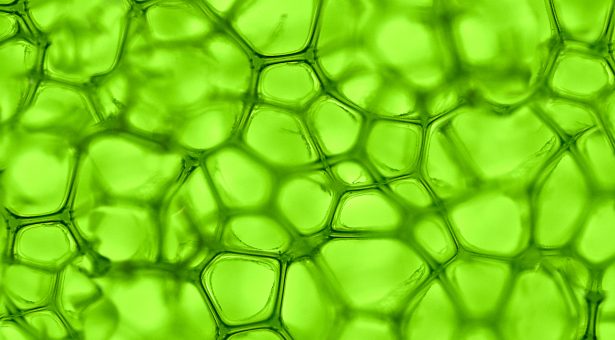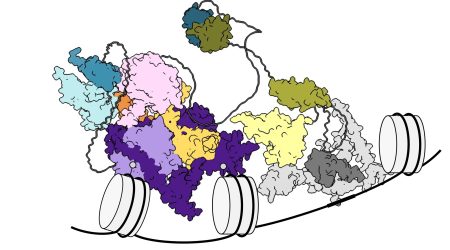Pixelated plants shed light on cell size control

Cells have characteristic sizes in different organisms and in different tissues in the same organism.
How cells regulate their size and how cell size affects organism growth are among the remaining mysteries in cell biology.
Research carried out at the John Innes Centre has shown that the stem cells that sustain plant growth actively control their size and that this process is important for the correct development of organs such as flowers.
The research, conducted by Professor Robert Sablowski, is published in the journal Current Biology.
To grow new leaves and flowers, plants continuously produce new cells within their meristems at their growing tips. The meristem cells, which are analogous to stem cells in animals, grow and divide constantly, but maintain uniform and characteristically small sizes. Studying meristem cells recovering from genetic perturbations that had caused the cells to become larger, Professor Sablowski’s group made two important observations:
- First, when the perturbation that increased cell size was lifted, the meristem cells accelerated their divisions and consequently returned to their normal size
- Secondly, if cells were forced to remain large while they were being recruited into organ formation, the organs often failed to emerge properly from the meristem or became fused
Professor Robert Sablowski said:
“We propose that the control of cell sizes and cell size uniformity are important to achieve the resolution necessary to develop structures at a scale just a few cells across. This is similar to the way that appropriate pixel sizes are necessary to render detail in digital images.”
Apart from advancing our understanding of how plants regulate their growth and shape, this research presents new questions for stem cell researchers in regards to cell size checkpoints and their importance during organism development.
The research was funded by the Biotechnology and Biological Sciences Research Council (BBSRC).



